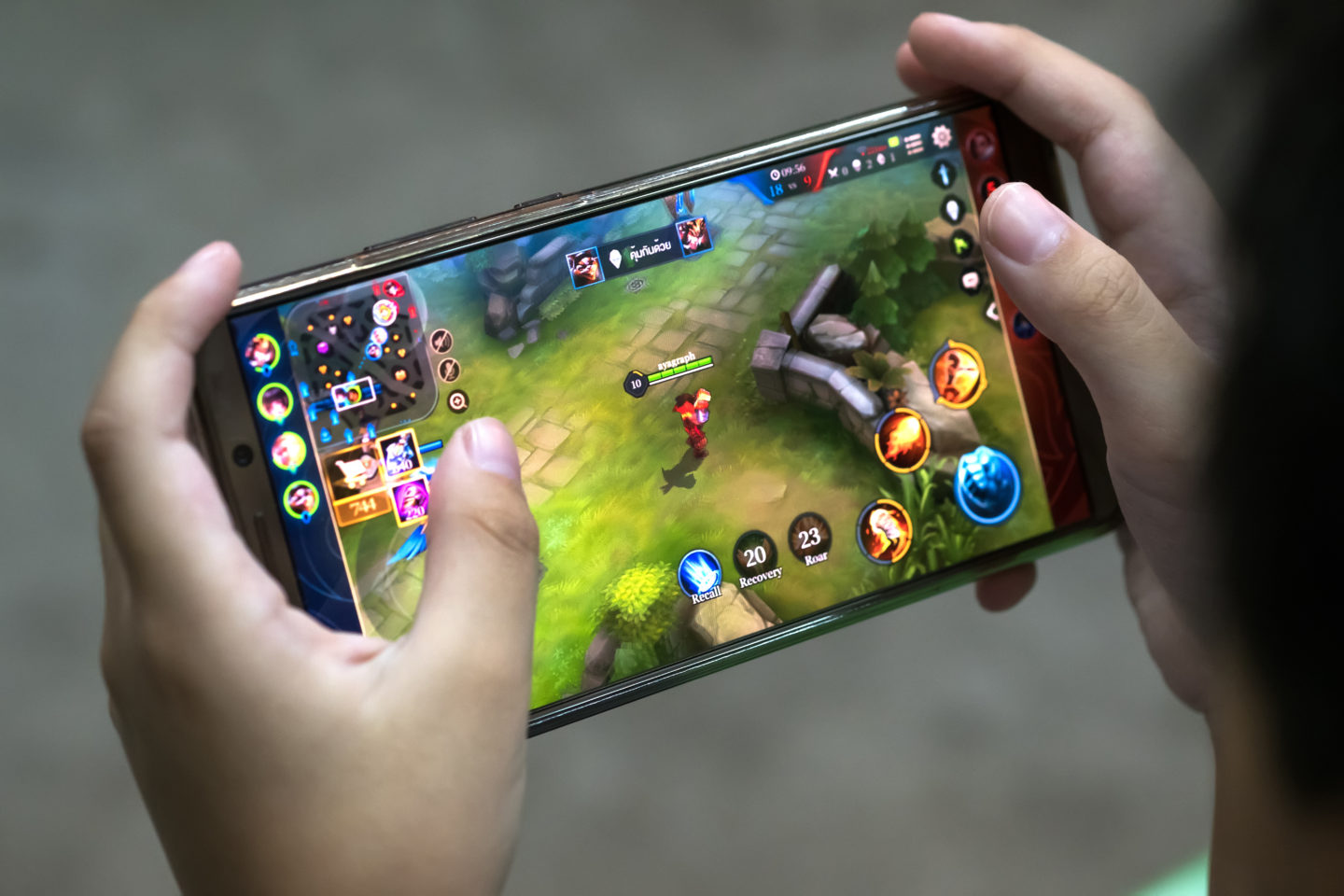Online Games: Boosting Cognitive Skills and Analytical Abilities
Thanks to their interactive nature, online games can stimulate young minds in powerful ways. Strategy games like League of Legends require players to make quick decisions, think several steps ahead, and coordinate effectively with their teams. This encourages the development of problem-solving and analytical skills.
Puzzle games, on the other hand, enhance memory, concentration, and multitasking abilities. Even sports prediction games, such as football betting on platforms like Ladbrokes, challenge players’ analytical thinking and strategic planning.
Simulation games also offer valuable learning experiences by allowing young people to experiment with different strategies and to understand the consequences of their actions in a virtual world. Overall, online games can be excellent tools for sharpening cognitive skills when used thoughtfully.
Online Games: Fostering Social and Emotional Growth
Online games aren’t just about fun—they can also serve as educational tools that enhance social and emotional development. Multiplayer games, in particular, require players to cooperate, communicate, and work towards shared goals.
Through these virtual interactions, young gamers learn essential skills such as teamwork, conflict resolution, leadership, and respecting diverse viewpoints. These experiences help them develop emotional intelligence and improve their ability to navigate social situations both online and offline.
The Risks of Online Gaming
Despite their potential benefits, online games come with their share of risks. Excessive gaming can lead to social isolation and negatively impact daily routines, including sleep patterns and academic performance.
Exposure to inappropriate content and toxic behavior—such as cyberbullying or harassment—can also harm young people’s emotional well-being. Additionally, spending too much time in virtual worlds can gradually erode real-life social skills.
On a physical level, prolonged gaming sessions often encourage a sedentary lifestyle and poor eating habits (think endless chips and soda), which can lead to obesity and even musculoskeletal issues over time.
Finding a Healthy Balance
So, while online games can have a positive impact on cognitive, social, and emotional development, it’s crucial to approach them with balance and caution. Excessive gaming can have the opposite effect—disrupting sleep, concentration, and face-to-face social interaction.
Parents and caregivers should help young people set clear boundaries and monitor screen time. Establishing healthy routines that include a mix of online and offline activities is key.
Encouraging young people to engage in real-world social interactions and educational activities will complement the benefits of online gaming and promote a well-rounded development.
Online games can be a valuable part of a young person’s growth when used in moderation. However, parental guidance and thoughtful management of screen time are essential. With the right balance and open communication, young gamers can enjoy the benefits of online gaming while avoiding its pitfalls.
Like many things in life, moderation is the secret. Knowing when to stop, take a break, and step outside is just as important as leveling up in a game.



